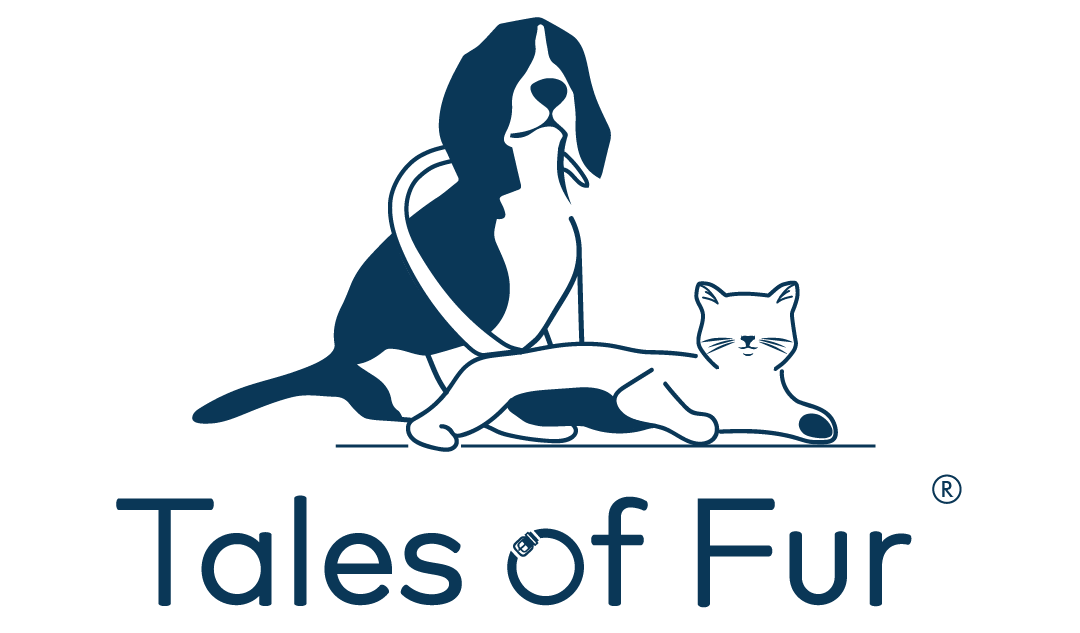Nutrition is the cornerstone of a dog’s health and vitality. Just like humans, dogs require a balanced diet to support their growth, maintain immune function, sustain energy levels, and ensure overall well-being. However, the world of canine nutrition can be overwhelming— from choosing between kibble and home-cooked meals to ensuring adequate protein intake in vegetarian households.
This article aims to demystify dog nutrition, shed light on how to stay updated on new products, and help pet parents make informed decisions.📃
Why Nutrition Matters for Dogs
A well-balanced diet should include:
-
Proteins: Vital for growth, muscle repair, and enzyme production.
-
Fats: Provide energy and aid in the absorption of vitamins.
-
Carbohydrates: Offer quick energy.
-
Vitamins & Minerals: Crucial for bone health, immune response, and more.
- Water: Often overlooked, but essential for all bodily functions.
Dogs fed a nutritionally poor diet may suffer from dull coats, low energy, obesity, poor digestion, weakened immunity, and chronic illnesses.⚡
Do Dogs Need Meat in Their Diet?
Dogs are facultative carnivores, which means they thrive on meat but can also digest plant- based foods. Unlike obligate carnivores (like cats), dogs can derive nutrients from grains, legumes, and vegetables.
Still, meat remains a highly bioavailable source of protein and essential amino acids like taurine, lysine, and methionine.
That said, dogs can thrive on a vegetarian or vegan diet if it’s:
-
Carefully planned
-
Nutritionally complete
-
Supplemented appropriately
This is especially relevant for vegetarian households driven by ethical or religious beliefs.
The Role of Meal Toppers in Vegetarian Households
For pet parents who don’t cook meat at home, meal toppers can be a practical solution:
-
Freeze-dried meat toppers: Lightweight, shelf-stable, and rich in protein, omega-3s, and essential amino acids.
Bone broth or fish oil: Add hydration and nutrients like glucosamine and healthy fats. -
Eggs, cottage cheese, or paneer: High-quality vegetarian proteins that enhance plant-based meals.
Meal toppers can significantly improve taste and bridge nutritional gaps—without needing a full dietary overhaul.🍽
Kibble: Convenience with a Catch
Kibble is popular for its affordability and convenience, but it does have drawbacks:
High processing temperatures can destroy nutrients
Carb-heavy formulas may promote obesity and insulin resistance
Artificial preservatives and fillers can be harmful long-term
Low moisture content may lead to dehydration and kidney issues
Flavor enhancers can mask poor-quality ingredients
Not all kibble is created equal. Quality varies drastically—so always read the label.
Choosing the Right Dog Food
Whether you're picking kibble, wet food, or raw meals, consider the following:
Protein source: Real meat should be the first ingredient—not "meat by-products" or "meal."
No artificial additives: Avoid artificial colors, preservatives, and sweeteners.
Carbohydrate content: Be cautious of high corn or wheat fillers.
Brand reputation: Research the company’s recall history and transparency.
Nutrition standards: Ensure the food meets international standards for complete and balanced nutrition.
Always match the food with your dog’s age, breed, size, and activity level—these are usually mentioned on packaging.📅
Home-Cooked Meals: Love Served in a Bowl
When done right, home-cooked meals are among the most nutritious and digestible options for dogs.
Benefits:
Fresh, transparent ingredients
Customizable for allergies and medical needs
Strengthens pet-parent bonding through shared routines
Cautions:
Avoid imbalanced meals (e.g., just rice and veggies)
Consult a vet or canine nutritionist to get the right mix of proteins, fats, and vitamins
Use supplements like fish oil, calcium powder, or multivitamins
A helpful guideline: 40% protein, 50% vegetables, 10% grains or carbs—though exact ratios may vary.🍚🥒🥜
Your dog’s nutrition shapes its entire life—from energy levels and immunity to coat quality and even mood.🐶
Whether you choose kibble, home-cooked food, vegetarian meals, or a balanced mix, the key is intentionality and nutritional completeness.
Vegetarian households can maintain both their values and their dog’s health through strategic use of toppers and supplements. Avoid poor-quality processed foods, and when possible, prioritize fresh, whole ingredients.
With knowledge and effort, your furry companion can live a vibrant, healthy life.✨

